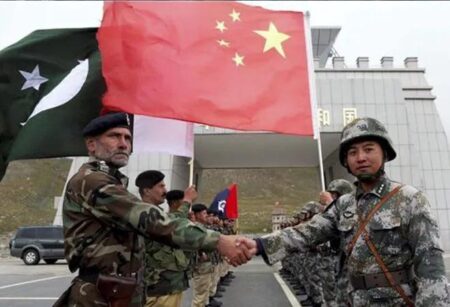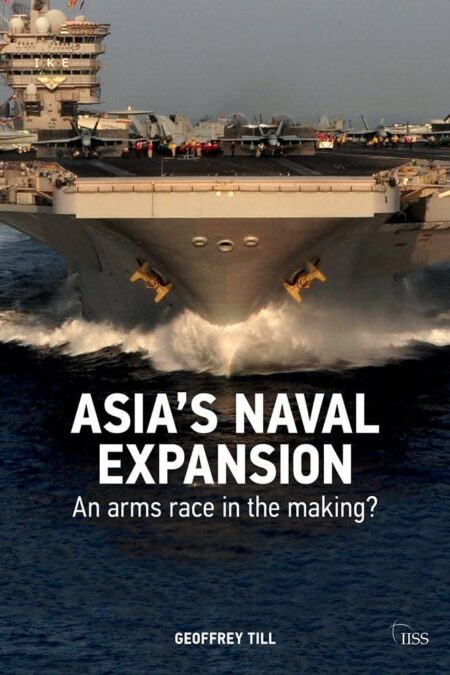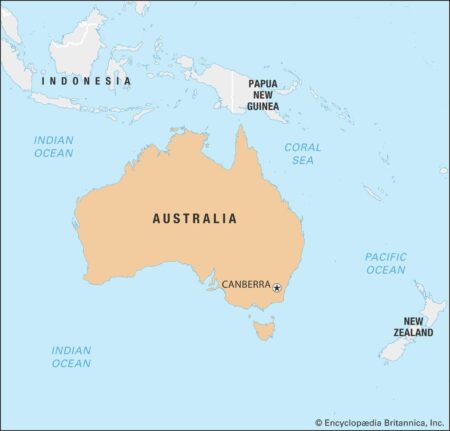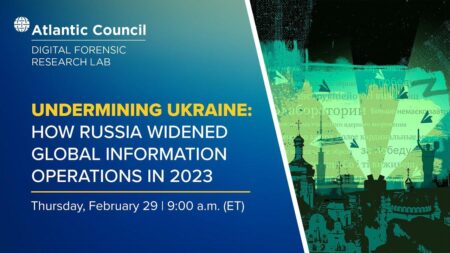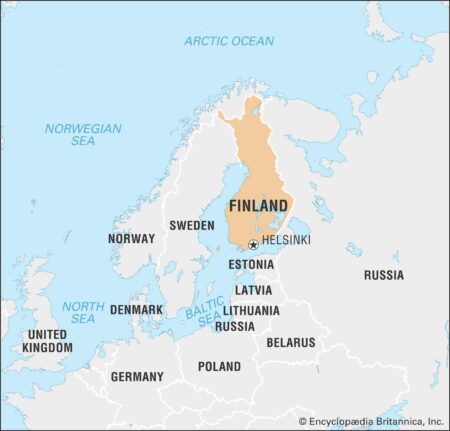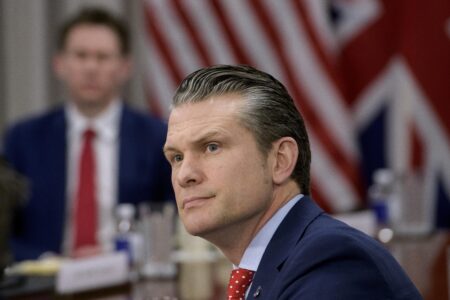In “How America Can Avoid Becoming Russia,” The Atlantic delves into the vital lessons we can learn from Russia’s political journey. This thought-provoking piece emphasizes the urgent need to protect our democratic institutions, ignite civic engagement, and uphold a vigilant press as essential safeguards against the rise of authoritarianism in the United States
Browsing: National Security
In Germany, the delicate dance between preserving vibrant public discourse and shielding society from hate speech is coming under intense examination. Critics are voicing their concerns that recent legislation could dampen free expression, sparking fears about a possible decline in the nation’s cherished democratic values.
In 1966, a startling event shook the world when the U.S. military accidentally released four nuclear bombs over Spain after a mid-air collision. This dramatic episode, now famously known as the “Palomares incident,” ignited widespread concern and sparked urgent discussions about nuclear safety protocols across the globe
Lockheed Martin is unveiling a groundbreaking proposal for containerized launcher systems designed to elevate Australia’s air and missile defense capabilities. This cutting-edge strategy not only promises to boost operational flexibility but also tackles vital security challenges facing the region head-on
Spain is under mounting pressure to ramp up its defense spending, a concern underscored by a recent report from the Real Instituto Elcano. As global threats continue to escalate, experts are urging Madrid to boost its military budget not only to fulfill NATO commitments but also to safeguard national security.
The White House announced a critical amendment to enhance enforcement duties aimed at curbing the flow of illicit drugs across the northern border. This initiative seeks to bolster inter-agency cooperation and strengthen border security measures in response to rising drug trafficking.
In a significant shift, Canada has adopted a more assertive stance in its dealings with the Trump administration, moving away from a traditionally conciliatory approach. The phrase “Elbows up!” encapsulates this newfound readiness to confront challenges head-on.
Ukrainian President Volodymyr Zelensky announced that intelligence agencies have identified 155 Chinese citizens fighting alongside Russian forces. This revelation raises concerns over foreign involvement in the ongoing conflict amid heightened geopolitical tensions.
US officials have voiced concerns over increasing military cooperation between China, North Korea, and Russia, warning that their collaboration poses significant threats in the Pacific region. The alert underscores escalating tensions among global powers.
The White House has announced a military mission aimed at bolstering security along the southern border of the United States. This initiative seeks to repel unauthorized crossings and enhance operational support to border enforcement agencies.
The United Kingdom has uncovered a network of Russian spy sensors operating beneath its coastal waters, intensifying concerns over national security. The discovery highlights ongoing tensions between the UK and Russia amidst rising geopolitical threats.
Russia is set to embark on a significant naval expansion initiative, with plans to invest approximately $100 billion. This ambitious project aims to rejuvenate its maritime capabilities amid rising geopolitical tensions, signaling a pivotal shift in naval strategy.
Australia is actively pursuing the procurement of AIM-120C-8/D-3 missiles to enhance its air-to-air combat capabilities. This move reflects the nation’s commitment to modernizing its defense arsenal amid increasing regional security challenges.
The U.S. intelligence community has issued a warning regarding China’s ongoing efforts to recruit American government employees. This initiative raises concerns about national security and the potential for espionage, underscoring the complex geopolitical tensions between the two nations.
Germany is on high alert following a series of attacks amid growing speculation of Russian influence. Authorities are investigating potential links, although officials urge caution, emphasizing the need for thorough assessments before drawing conclusions.
In ‚Äča striking revelation that has‚Äć captured the attention of intelligence experts and policymakers‚ÄĆ alike,‚ĀĘ the U.K.‚Äôs largest espionage trial…
Australia faces a rising threat of jihadist conflict, as intelligence reports indicate a surge in extremist activities. Authorities are increasingly concerned about homegrown terrorism, prompting urgent calls for enhanced security measures nationwide.
The Russian government has escalated its information warfare against Ukraine, according to the Foreign Intelligence Service of Ukraine. This intensified campaign aims to undermine Ukrainian morale and spread disinformation amid the ongoing conflict.
Finland’s president has emphasized the need for a strong stance against Russia amid escalating threats to European security. Highlighting a growing regional tension, he calls for unity and decisive action to address the challenges posed by Moscow’s aggressive posture.
In a recent announcement, Hegseth outlined plans for significant upgrades to U.S. military command facilities in Japan. This strategic move aims to bolster deterrence against increasing Chinese military activities in the region, enhancing readiness and cooperation with allies.









